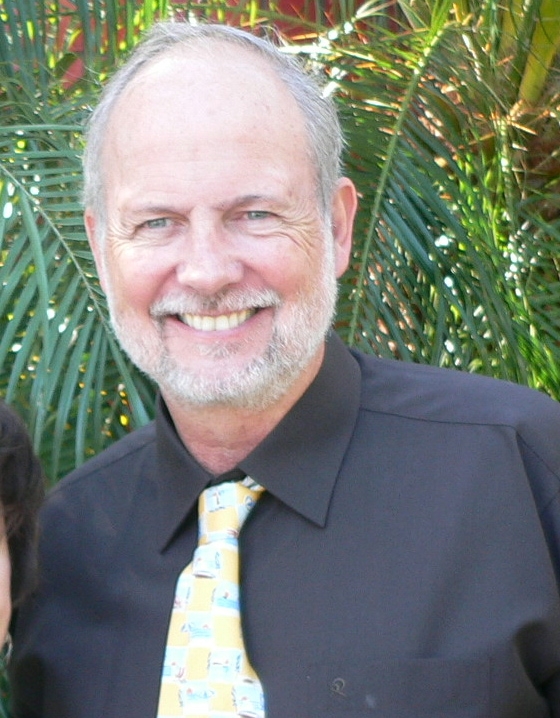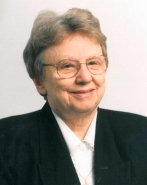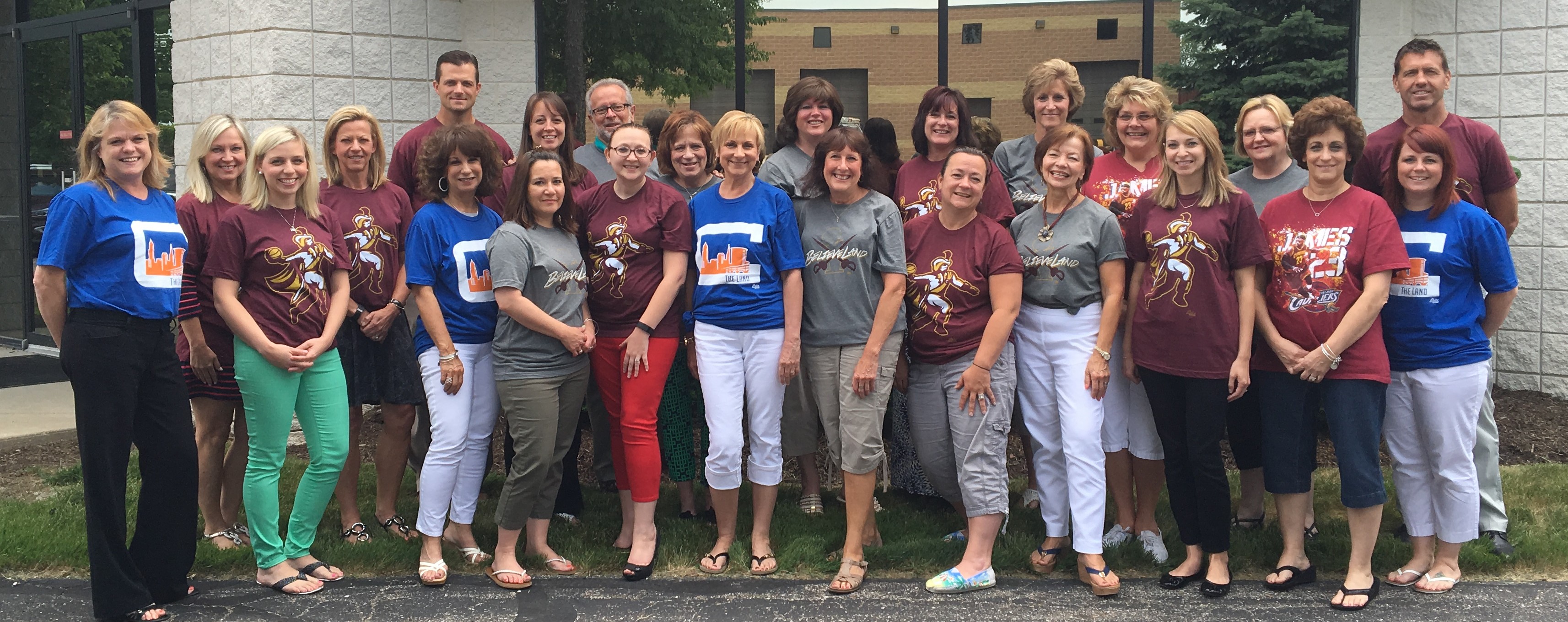 17
17Sep
psi’s New Free Health Webinar Series!
All of us at psi are very excited to announce our free School Health Webinar Series! Join us this school year as psi’s Medical Director, Dr. Carly Wilbur, UH Pediatrician, takes on the ‘hot topic’ issues pertaining to school health in today’s classrooms. Log in, take part, ask questions, and Raise the Power of Education all […]
 13
13Aug
Lyme (and other tick-borne) Diseases
Written by Dr. Carly Wilbur, psi Medical Director Welcome to a very special edition of psi’s Paradigm! Are you up to date on your Lyme disease symptoms, treatments, and preventions? With the beginning of the new school year as well as a nationwide increase in tick-illnesses, know the facts! By all accounts, the number […]
 06
06Jun
Fun Summer Tips That Will Keep Your Child Learning!
Summer is almost here… and that means your students and children will be ready for fun and excitement! Try these great tips for keeping kids focused and avoid the dreaded.. Summer Brain Drain! 1. Get involved Kids of all ages love to know that they’re making a difference, and community service opportunities abound. Read to nursing […]
 02
02Aug
Webinar: Managing Concussions in Schools
Did you miss our informative webinar on Managing Concussions in School? It’s not to late to watch, the webinar was recorded and is available on our site under the Webinars tab.
 16
16Jun
Dr. Scott Poland gives some practical advice on grief
In the wake of the tragic events that occurred in Orlando, many people are dealing with grief. You do not have to be directly involved with this incident, as seeing it on the news and hearing about it can bring up a person’s own life experiences, and with it, a sense of grief and despair. […]
 14
14Jun
In Honor of Sister Bernadette…..
We meet only a few very special people in our journey through life. I met such a lady close to 40 years ago when PSI was in its infancy. Sister M. Bernadette Maier, OSU, is perhaps the most remarkable woman I have met in my four decades of work with educators in Ohio. Certainly schools, […]
 13
13May
Mandarin Language News
PSI’s Hui-ying Lee proudly presented her students at the National Chinese Honor Society induction ceremony at Walsh Jesuit High School in April. There were eight inductees this year and they are all Chinese 3 juniors. The National Chinese Honor Society (NCHS) was established in November 1993 to recognize those accomplished high school students who study […]
 23
23Apr
PSI Presented at a Conference in Amsterdam on Suicide Prevention
PSI is proud to announce that Dr. Colleen Lorber, PSI Executive Director of Client Services and PSI partner, Dr. Scott Poland, are presenting at the International School Psych Association in Amsterdam, Holland this summer on suicide prevention.
 25
25Nov
PSI hosted a free webinar on “Mindfulness in the School Setting”
Our own Karen Heichel, MA presented a free webinar entitled “Practicing Mindfulness in your School”. This is a new and very exciting topic.


Recent Comments